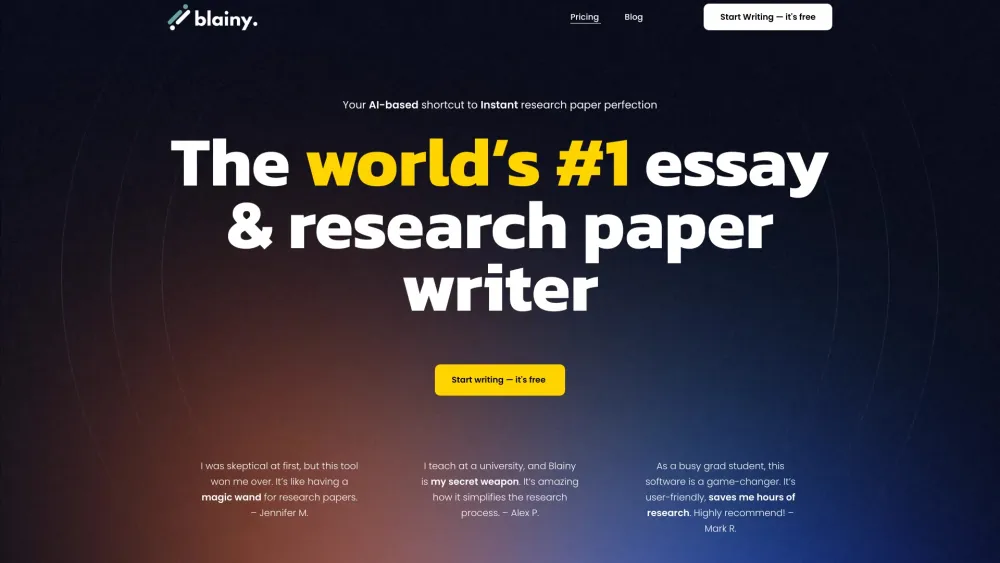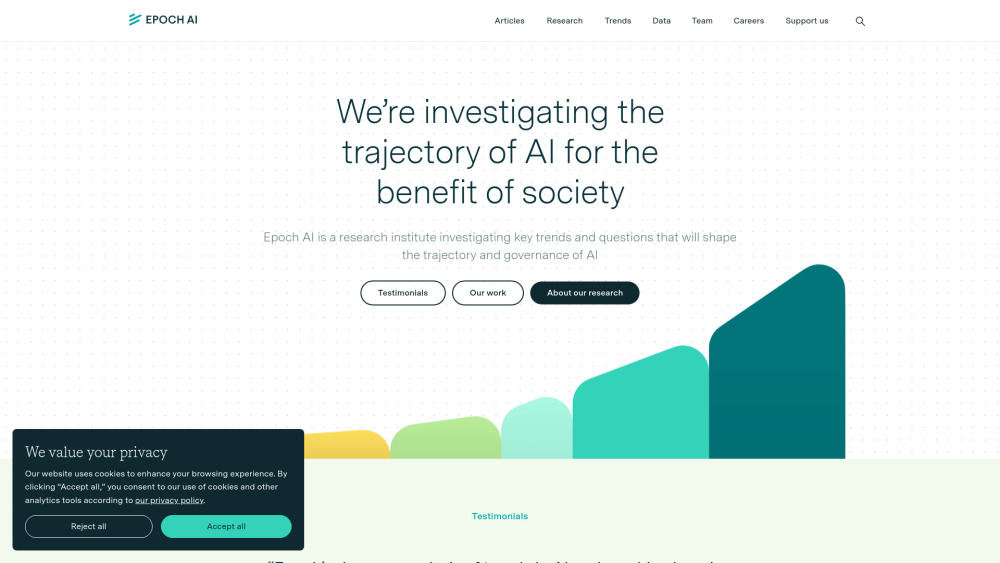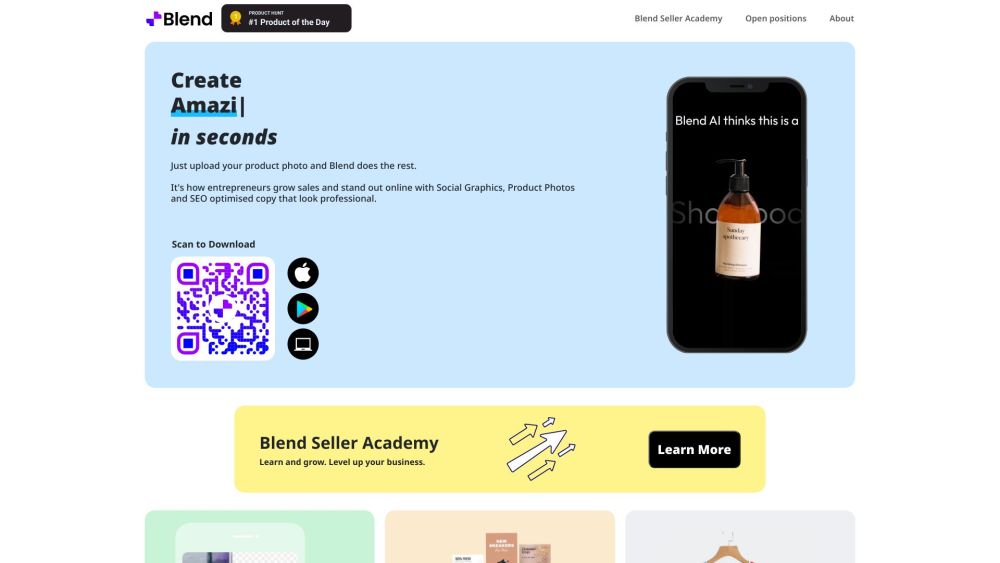How AI is Transforming Search: The Good and the Bad Impact on Your Online Experience
Most people like

Introducing our AI-Powered Research Paper Writer: The Ultimate Tool for Academic Success
In today's fast-paced academic landscape, producing high-quality research papers can be a daunting task. Our AI-powered research paper writer is designed to simplify the writing process, providing you with expertly crafted content tailored to your specific needs. Whether you're a student striving for excellence or a professional looking to enhance your writing efficiency, our innovative tool combines advanced artificial intelligence and natural language processing to deliver well-researched, articulate papers in no time. Experience the future of academic writing and take your research output to the next level!

AI Research Institute: Pioneering the Future of AI Development and Governance
Discover how our AI research institute is at the forefront of shaping the trajectory of artificial intelligence. We are dedicated to advancing innovative AI solutions while ensuring responsible governance that prioritizes ethical practices and societal impact. Join us in exploring the future of AI and its implications for various industries and communities.

Introducing a streamlined way to craft logos and comprehensive brand kits in no time! Whether you're a startup, a small business, or a freelance designer, our easy-to-use tools empower you to create stunning visual identities effortlessly. Unlock your creative potential and elevate your brand with our quick and efficient design solutions.
Find AI tools in YBX
Related Articles
Refresh Articles

